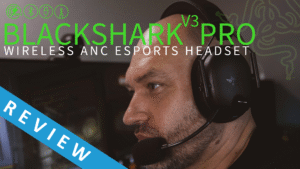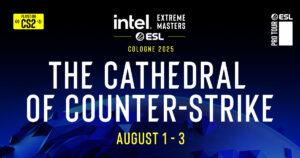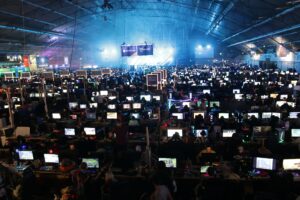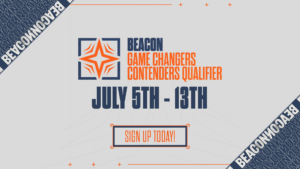Swedish Esports Enter a New Era – What Does the Future Hold?
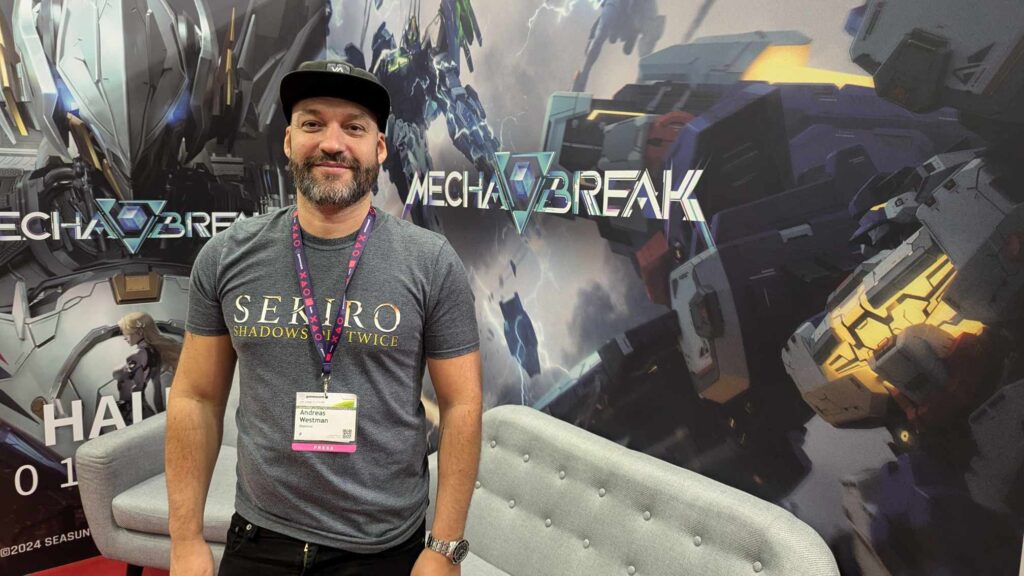
Swedish esports are undergoing major changes, particularly with the recent announcement that DreamHack, Jönköping’s pride in gaming culture, is moving out of the city. This raises questions and uncertainty about future events and what’s next for Swedish esports. At the same time, Jönköping is trying to remain optimistic, despite a clear blow to the city’s gaming identity.
Jönköping’s Response: ”We Have New Plans”
From Jönköping, there’s cautious optimism. The city speaks of new investments and initiatives, but the big question is whether it’s too little, or too late. As early as 2013, I saw the potential in either fully committing to DreamHack or creating something new. At the time, I suggested that Jönköping should broaden its approach to gaming culture and not rely solely on one event.
My analysis was simple: if DreamHack is staying, build a permanent platform for them. Set up offices and create a tech hub—something that could become Sweden’s future center for the tech industry. Why not aim to create a ”Silicon Valley” for digital innovation and game development? The dream was to attract companies like Google and Facebook to invest in Jönköping.
Gaming Culture Needs to Broaden
The market has changed, but the core needs remain the same. Now, many are talking about strengthening Swedish esports, and I completely agree. However, I’m afraid I have to disagree with the current approach. Swedish esports need much more than what they’re trying to present right now.
Why are they choosing three games that neither represent the full spectrum of esports nor the largest titles? And why is esports being discussed as an expensive sport while at the same time partnering with hardware companies that send the message that you need an expensive computer to succeed? To me, the survival of esports is tied to its participants. It’s about building a solid foundation of young, hungry players who want to compete and be part of something larger.
To succeed, we need to lower barriers and support schools and young players who want to be part of the esports scene. Esports should learn from traditional sports like soccer or motorsports. You don’t start by driving Formula 1, you begin with go-karts.- Andreas Westman Esport Entreprenuer
A Broader and More Accessible Esports Is Needed
We need to start from the ground up, and right now, Swedish esports are starting at the wrong end. Make esports accessible to the masses. Change the games. Why choose games like Dota 2 (700,000 monthly players), Rocket League (17,000 monthly players), and CS2 when there are alternatives like League of Legends with 150 million players, or Valorant (24 million monthly players), a more accessible and popular game with a better anti-cheat system?
It feels like esports isn’t prepared for the future, nor is it fighting for long-term success. The focus seems to be on short-term results, without forward-thinking strategies.
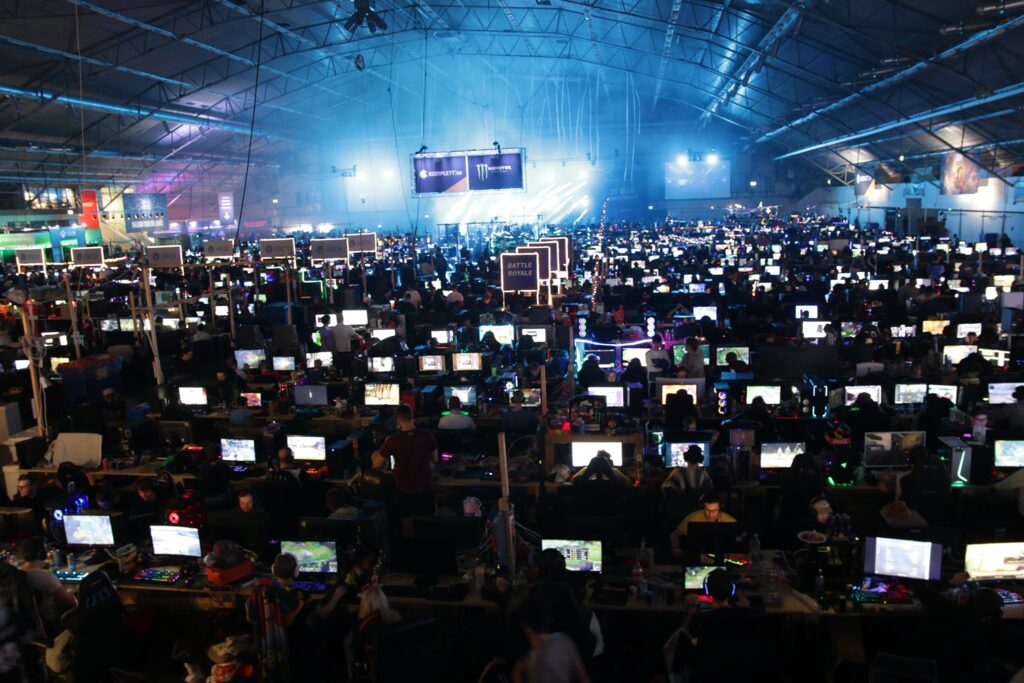
Jönköping – Is It Too Late?
Jönköping should have acted ten years ago. Now, we need to start over, slowly and steadily. Both innovative thinking and funding are required. There are many entrepreneurs and organizations within Jönköping’s gaming community, but none have managed to elevate the city into an esports hub. If they had the capability, it would have already happened.
What’s needed here is for the municipality to step in and provide support through funding and education. Create a cluster or a ”think tank,” and start working with inspiration and support for businesses and organizations. That’s the only way forward.
A Gaming Hub for the Future
Creating an incubator focused on gaming culture and digital innovation might be the solution. Right now, it’s easier to work with games and esports in almost any other Swedish city than in Jönköping. This transformation can’t be driven by individuals alone—it must come from structural support and a platform that accelerates development.
The future of Swedish esports lies in building a sustainable foundation where both amateurs and professionals can grow. For Jönköping, an innovative initiative could be key to reclaiming its position as a leading city in gaming and digital culture.





